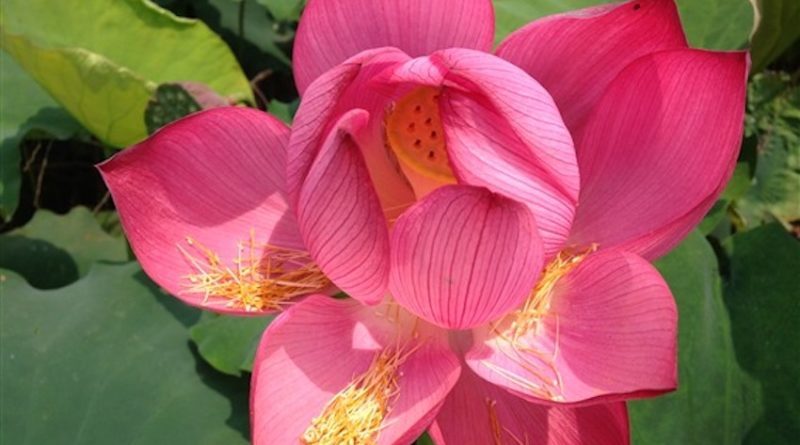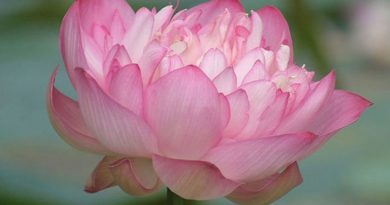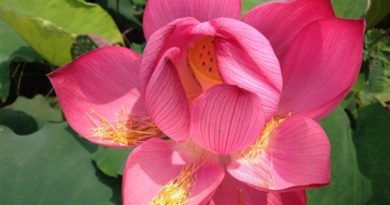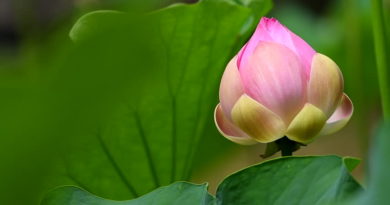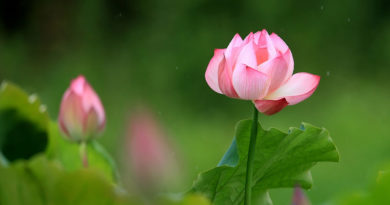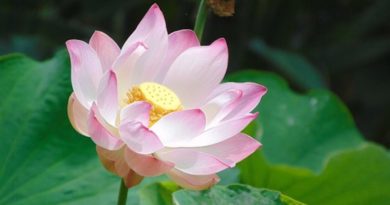THE LIFE OF THE BUDDHA: CHAPTER VIII – THE GREAT RENUNCIATION
THE LIFE OF THE BUDDHA: CHAPTER VIII – THE GREAT RENUNCIATION
Prince Siddhaartha was twenty-nine years old. It was a full moon day in the month of July. The Prince had decided that this was the day when He would leave the palace and become an ascetic, when the news came that Princess Yasodharaa had given birth to a baby boy. The first word that the Prince said when he heard of the birth of His son was “Raahu”. Raahu means an obstacle. The baby prince would make Prince Siddhaartha’s decision to leave the palace and His loved ones even more difficult. An obstacle to His leaving had arisen. The baby was named Raahula, by his grandfather.
Prince Siddhaartha went to His wife’s sleeping chamber to look at her and His new-born son. Both were asleep. The princess’s hand was covering the baby’s face. The Prince knew that His wife would wake up if He tried to move her hand to see the baby’s face. It would then be very difficult for Him to leave. “I must leave quietly and find a way to end this recurring life of old age, sickness, and death,” thought the Prince. “I must find this happiness for mankind, my wife, and son. Then I will come back to see my son.”
The Prince took one last look at His beloved wife and son. He then called Channa, His charioteer, and left the palace on His horse Kanthaka. He crossed the river Anomaa and handed all His jewellery and rich clothes to Channa. He asked Channa to take them back to His family and tell them that He had gone to find a way to end death.
The Deva king Sakka handed Him the robes and bowl of an ascetic. His faithful horse Kanthaka did not want to leave Him. The sorrow of parting was too great for it. Kanthaka died of a broken heart and was born as a Deva in the Taavatimsa Heaven (1). Channa went back to break the news of the Great Renunciation to the king. After the renunciation Prince Siddhaartha was known as the ascetic Gotama.
All Bodhisattas must be married and have a child in their last birth before enlightenment. It has been so with all the Buddhas of the past and will be so with all the Buddhas of the future. Otherwise, because a supreme Buddha is such a perfect being, so God-like, He would be mistaken for a God (Brahma). They in the Brahma world (2) do not marry. The Buddha, however, is above all Gods. He is the perfect being, teacher of Gods and humans, and incomparable.
(1). Taavatimsa Heaven – One of the seven happy planes of life also known as the Heaven of the thirty-three Devas. It was in this Heaven that the Buddha taught the Higher Teachings (Abhidhamma) for three months.
(2). Brahma world – There are sixteen happy planes of life where the beings have pleasures, but not the pleasures of the senses. Usually, those who have achieved the spiritual levels of the mental absorptions (Jhaanas) are born in these planes of life.

